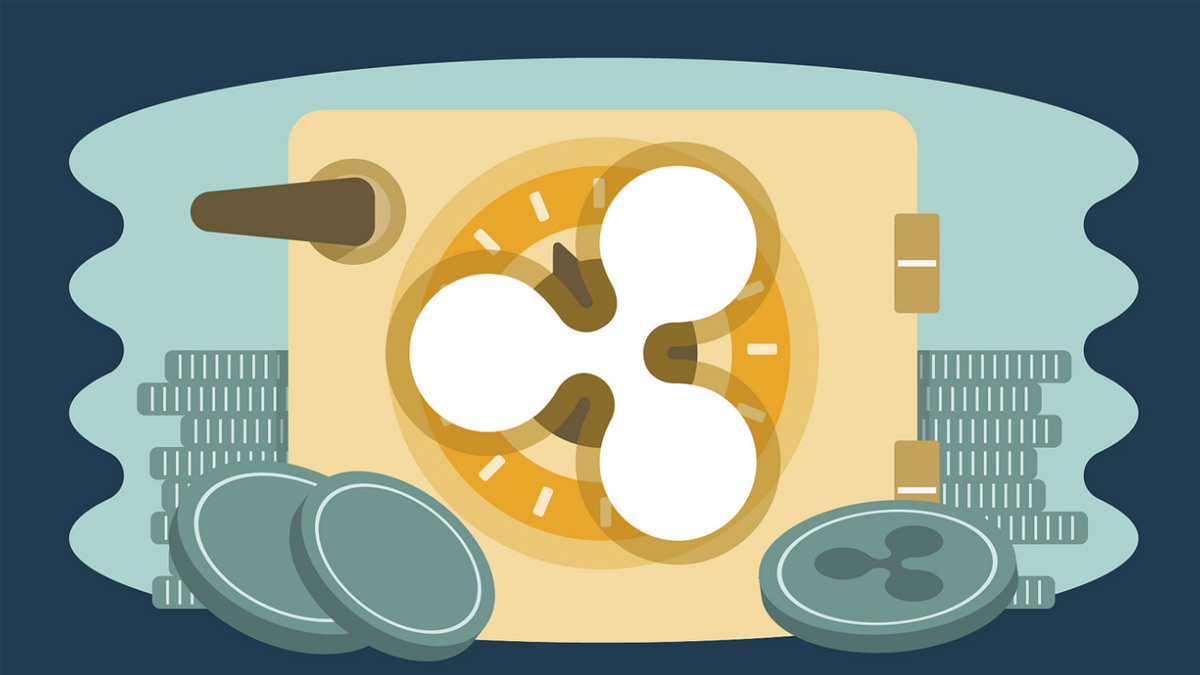
A rumored new deal with banks that would use the Ripple cryptocurrency (XRP) to speed up and ease international transactions has sent the value of the altcoin skyrocketing. In the past 24 hours alone, XRP has jumped in value some 70 percent, rising to its highest peak in 2018.
At the time of this writing, XRP sits at $0.62 per token, which might not seem like a lot when you consider that Bitcoin is valued at $6,705 per digital token. However, this represents a stark rise from just 24 hours ago, where it was worth just $0.36 per XRP. The rise in value was pushed by a new wave of excitement over the alternative cryptocurrency which even made it the most traded of any cryptocurrency throughout the past 24-hour period, with some $2.2 billion of it changing hands.
This is due to the announcement by Ripple Lab’s Sagar Sarbhai in a chat with CNBC. He said that 120 banks were already partnered with Ripple and that the company’s xRapid cryptocurrency product would soon enter commercial application. Although he didn’t give a specific day, he suggested that it would happen within the next month or so.
xRapid is designed to give banks a quick and easy way to transfer sums across borders, leading to faster international transactions for their customers, potentially with reduced fees, in theory. The process would see local currencies converted into XRP before being transferred overseas and then converted into that local currency at the other end.
No specific financial institutions have been named as potential adoptees of the xRapid system, but with major partnerships with organizations like Santander, American Express, and Western Union, Ripple Labs has plenty of potential customers for its new tool.
Ripple use has generated some controversy in cryptocurrency circles since its creation in 2012, though. Unlike Bitcoin and most of its contemporaries, Ripple is centralized, meaning that Ripple Labs controls the majority of the tokens in existence and organizations like banks can have a say in how transactions are conducted. This is diametrically opposed to the decentralized, hands-off model that Bitcoin inspired in its users and so many of the altcoins that have been created since.



